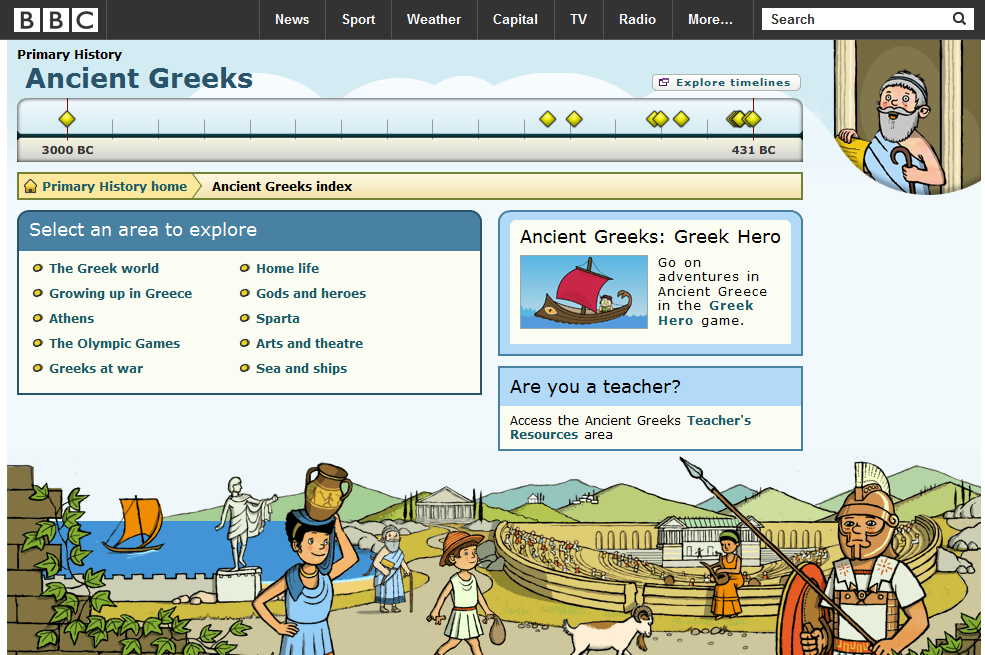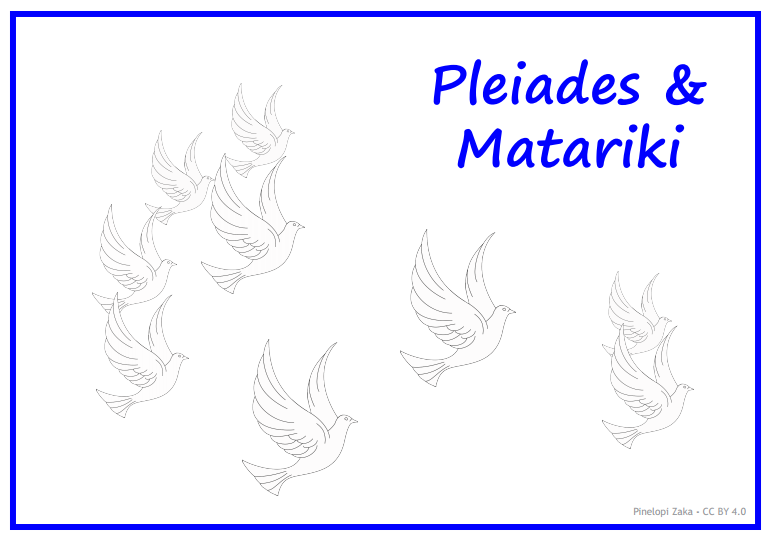 |
| by David Leggett |
This is one of my favourite recipes that we used with the
kids in class when I was teaching in primary school. The kids loved the baking
process and they were rewarded in the end with the yummy truffles they made by
themselves! This Christmas we tried recipe with the kids at the Greek
Hall. We had so much fun making the truffles (althouth the butter didn't want to cooperate at the beginning!) and everyone agreed that they were delicious! As we went through the recipe, we discovered that most of the names of the ingredients have easy names that remind us of the english words. You can find the word mat here.
Here is the recipe, adapted from the Greek Year 3 textbook Απίθανα μολύβια (Itzidis,
Papadopoulos, Sioutis & Tiktopoulou):
You will need (for 30 pieces):
- 500 grams of butter
- Half a cup cocoa powder
- Half a cup icing sugar
- 250 grams milk biscuits
- Toppings of your preference (e.g. chocolate sprinkles, almonds, coconut)
What to do:
- Mix well the butter with cocoa and sugar, until it becomes like cream.
- Shred the biscuits and add them in the mixture. Mix again.
- Use a teaspoon to get some of the mixture and make into a small ball.
- Roll each ball in a bowl with your preferred topping to coat the truffles.
- Keep the truffles in the fridge at least for 10 minutes before you eat them.
Enjoy and have a great Christmas!
...και η συνταγη στα ελληνικα:
Τρουφακια σοκολατας
Θα χρειαστειτε (για 30 τρουφακια):
...και η συνταγη στα ελληνικα:
Τρουφακια σοκολατας
Θα χρειαστειτε (για 30 τρουφακια):
- 500 γραμμαρια βουτυρο
- Μιση κουπα κακαο σε σκονη
- Μιση κουπα ζαχαρη αχνη
- 250 γραμμαρια μπισκοτα
- Επικαλυψη της επιλογης σας (πχ τρουφα, αμυγδαλα, καρυδα)
Εκτελεση:
- Ανακατεψτε καλα το βουτυρο με το κακαο και ζαχαρη μεχρι να γινει σαν κρεμα.
- Προσθεστε τα μπισκοτα, αφου πρωτα τα θρυμματισετε.
- Με ενα κουταλι παρτε λιγο απο το μιγμα και φτιαξτε μικρες μπαλιτσες.
- Κυληστε τις μπαλιτσες σε ενα μπολ με την επικαλυψη της αρεσκειας σας.
- Διατηρηστε τα τρουφακια στο ψυγειο για τουλαχιστον 10 λεπτα πριν τα δοκιμασετε.
Απολαυστε και καλα σας Χριστουγεννα!





